The Power Series: Igniting responsibility, innovation, and action in sustainable fashion and beauty

Making more conscious choices can feel a challenge when you're constantly inundated with Instagram and TikTok ads for the latest fashion and beauty and find yourself wanting it all. The good news is, fashion houses and beauty brands big and small are stepping up their game. We're seeing increasingly more big players investing in plastic alternatives and reformulating products to minimize packaging waste. This encouraging shift provides consumers with more freedom to make responsible choices when selecting clothes and beauty products.
This month, to tie in with COP28, the 2023 United Nations Climate Change Conference, where world leaders will gather together to discuss limiting climate change, we partnered with L'Oréal Groupe to bring you the latest in our Marie Claire Power summit series to address some of these issues. Entitled ‘Responsibility, Innovation and Action’, it brought together thought leaders and sustainability experts to discuss the steps that need to be taken by individuals and companies to make a difference in the world of fashion and beauty.
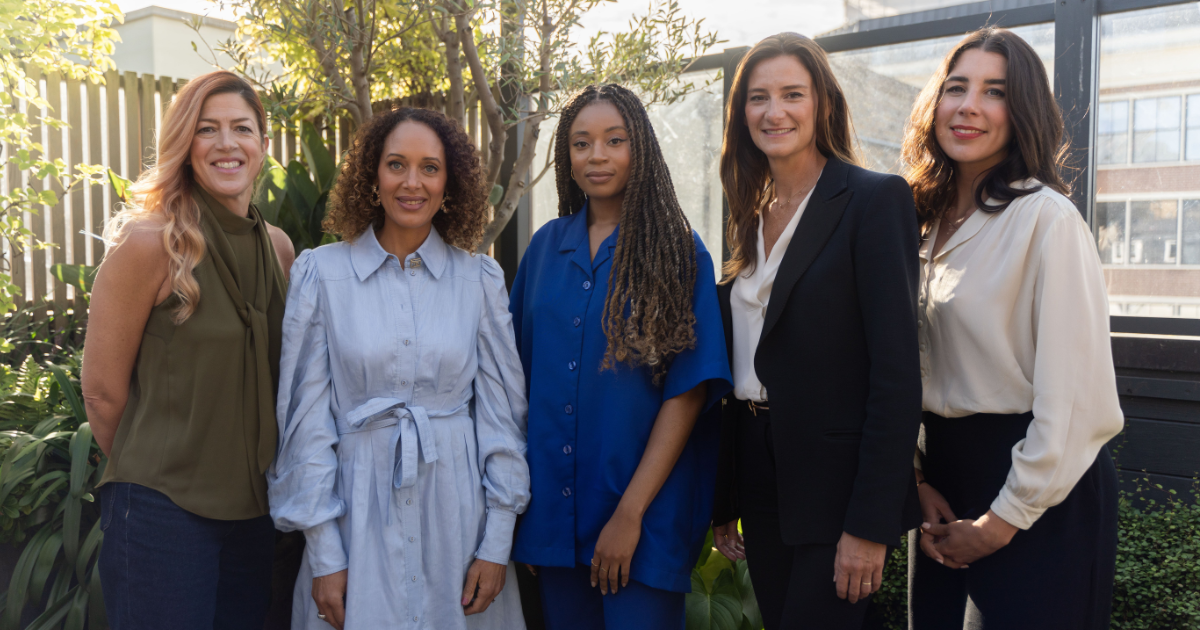
"At Marie Claire, we've long championed buying quality over quantity, reusing and recycling and educating our audience about the effects of climate change,” said Marie Claire Editor-in-Chief Andrea Thompson, who chaired a four-strong panel of sustainability advocates. "But how do we stay motivated to make positive decisions that consider people and the planet? And what role do companies have in shifting long-term behaviour?"
Joining her to discuss this were Amy Nelson-Bennett, CEO of Positive Luxury, Marie-Pia Schlumberger, Sustainability Director at L'Oréal Luxe, the visionary fashion designer Tolu Coker, and Layla Sargent, CEO and founder of The Seam, a company specializing in clothes repair.
Here we outline the key takeaways.
Andrea began by asking Tolu Coker, a critically acclaimed British-Nigerian fashion designer, about her commitment to sustainable practices. Tolu, whose work delves into the complexities of Diasporic Black Identity, draws inspiration from her upbringing, where sustainability weaved into daily life.
"I was raised in a culture where sustainability is ingrained in the way we do things. For example, within many households within Nigeria or Lagos, we reuse and repair our items rather than throwing them away. There is very little waste"
Tolu reflected on being part of a culture where people invested in their clothes, buying less but buying better items to last rather than short-term throwaway fashion. "People like my mother, may not be at the forefront of the global conversation, but are often the ones who haven seen firsthand the effects of climate change in their communities. They therefore, have the best solutions to propose."
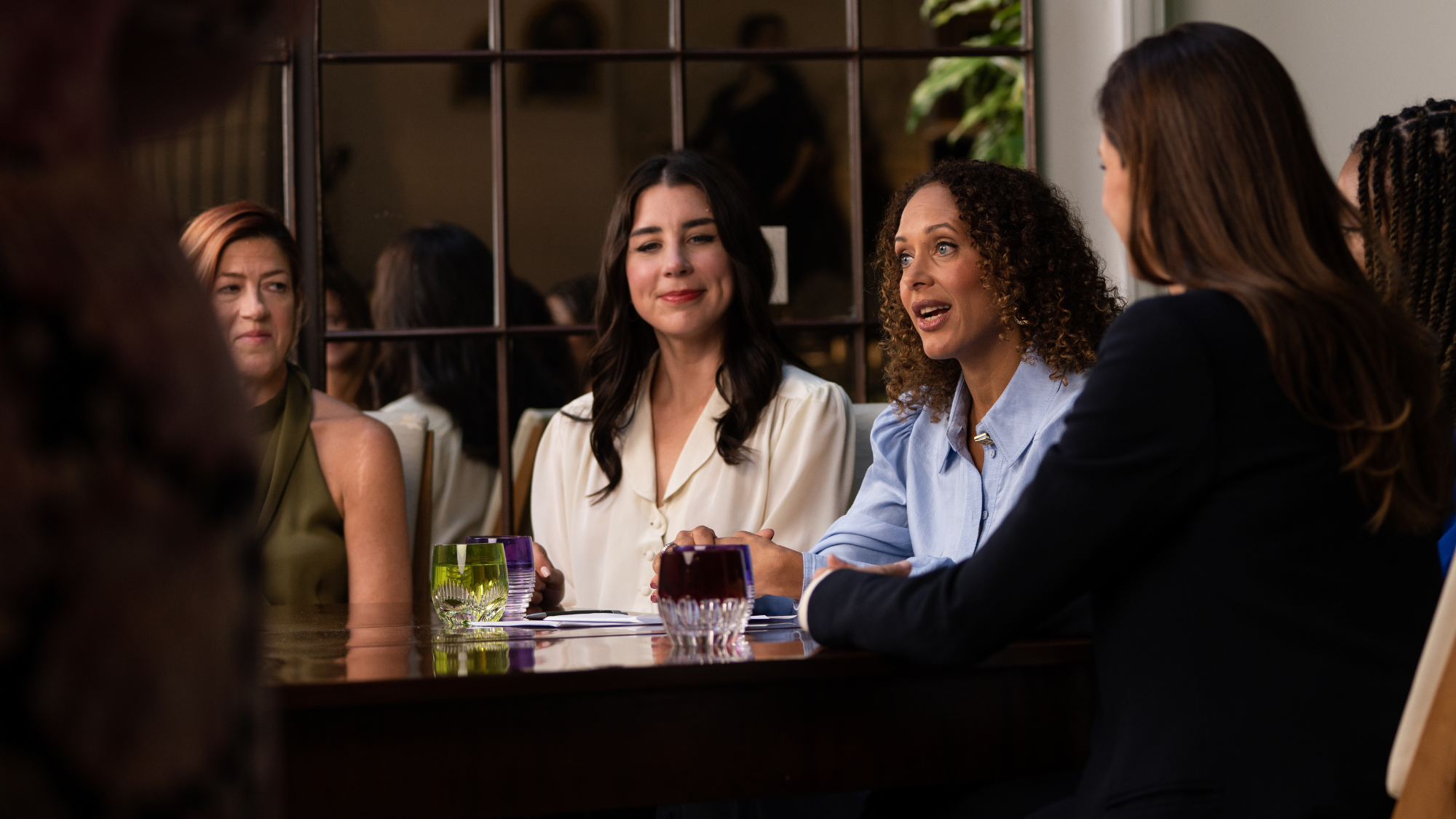
Sustainability in fashion is about reusing, recycling and repairing the items we love
Tolu's experience working with other luxury and high street brands earlier in her career shaped her sustainable approach. "There were things such as a considered approach to designing to minimise waste, which I witnessed and wanted to bring on board, and there were things that I questioned and saw incredible room for improvement on."
She incorporates discarded materials into her designs, promoting experimentation and flexibility while saving money. "I work with bigger players who have the issue of excess material or waste. As a smaller business, we have the flexibility to be experimental with that. It helps keep our costs down and helps the bigger business see how that material can be put to use."
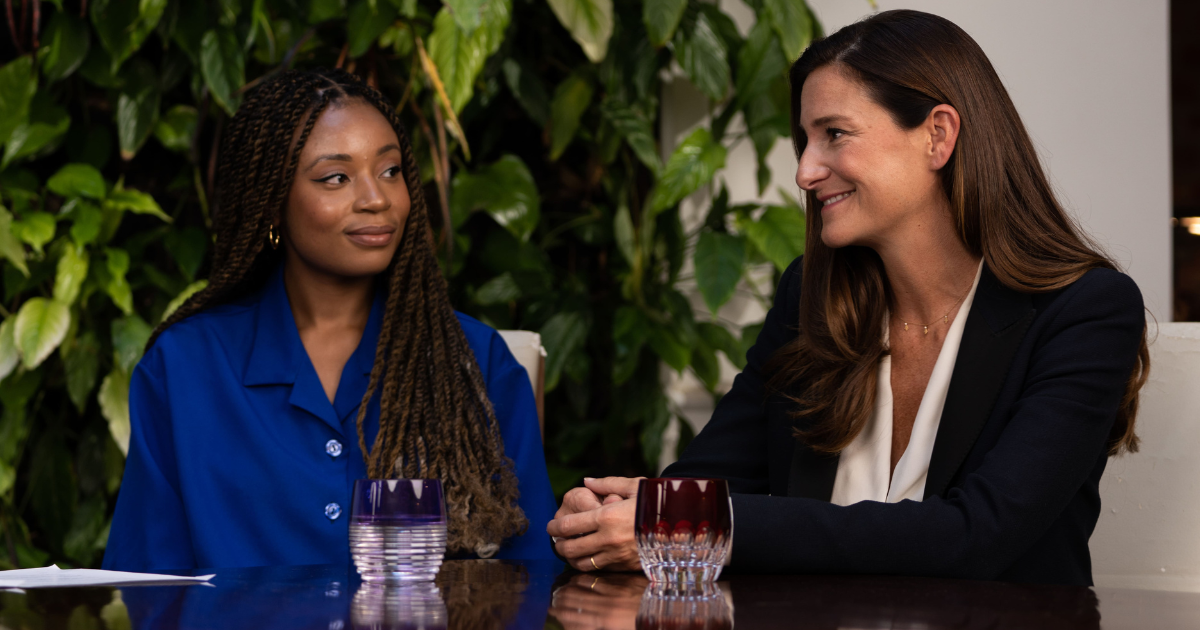
Layla, founder of The Seam, recognised the constraints of standardised sizing in fast fashion during her school years. The Seam is a platform that makes clothes care and repair services accessible to clothes owners and businesses (including Net-A-Porter), helping keep wardrobe staples in the loop for longer.
"I remember as a teenager feeling so constrained by the standardised sizing in fast fashion", says Layla. "I'd see my friends buy a pair of trousers from a high street brand that never quite fit right. They'd wear them a couple of times and then end up just throwing them away or sticking them in the back of their wardrobe." It inspired Layla to come up with a business idea where people would have better accessibility to clothes that can be tailored to fit.
"Growing up, everything in our home was reused and repaired and remade. I was lucky to have my nan who helped us tailor our clothes. Everything that we owned, we really cared for. This perspective made me wonder why other people have such a short-term relationship with fashion. This sparked my realisation that the industry needed a reinvention."
Layla also offers a dedicated repair service for companies like Net-a-porter, helping move their strategy forward when it comes to sustainability. "As well as empowering them to offer alterations and repairs at scale, we feed back to them which items are being repaired and which fabrics are tearing the fastest. This enables their design teams to alter their process so they can design for longevity."
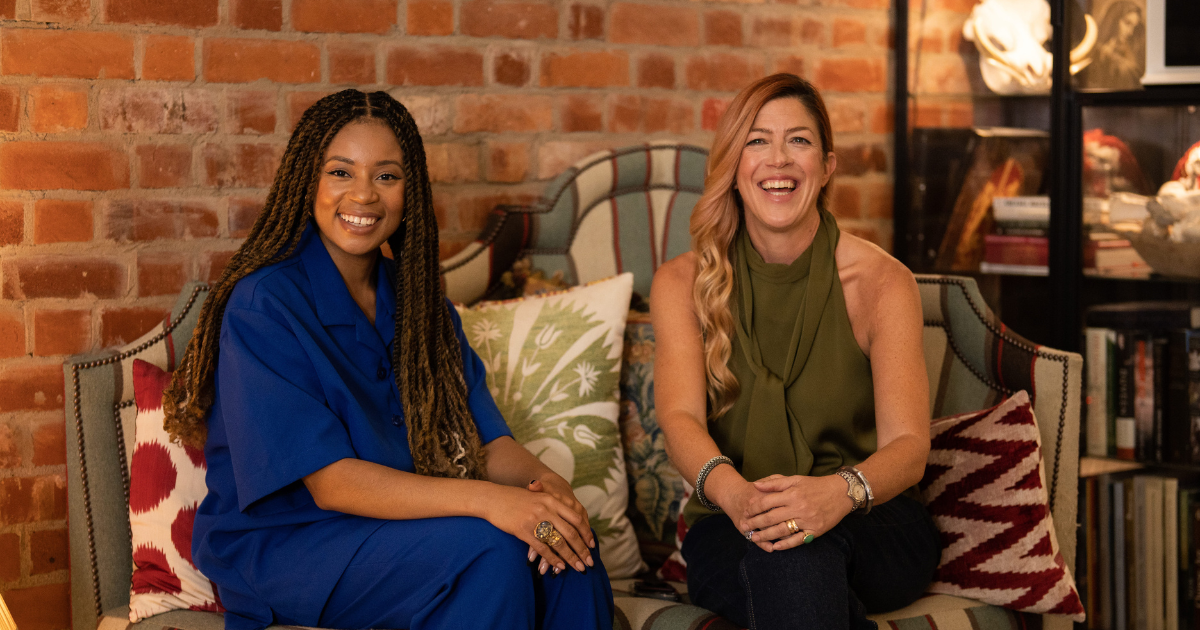
CEO of Positive Luxury, Amy Nelson-Bennett, likens her role to that of a doctor for businesses seeking sustainability. When a business approaches her company, she puts them through a "physical," after which businesses receive coaching on how they can improve their sustainability rating.
"The business will come for their first appointment, we'll test where they are now - what their strengths are and what they can do to improve."
Being sustainable has to be both convenient and desirable for consumers
Then comes the coaching. "We're essentially a personal trainer. The businesses lift all the weights and do all the sweating, we just tell them how."
Despite corporate challenges to a sustainable future, Amy is heartened by the desire for change in many businesses, proving that positive transformations are not only possible but happening.
"It's extraordinary to see how much desire there is in these businesses to change - how excited they are to get started and how much progress they can make in such a short space of time. So although we hear a lot of doom and gloom stories, there are actually a lot of businesses out there doing great things."
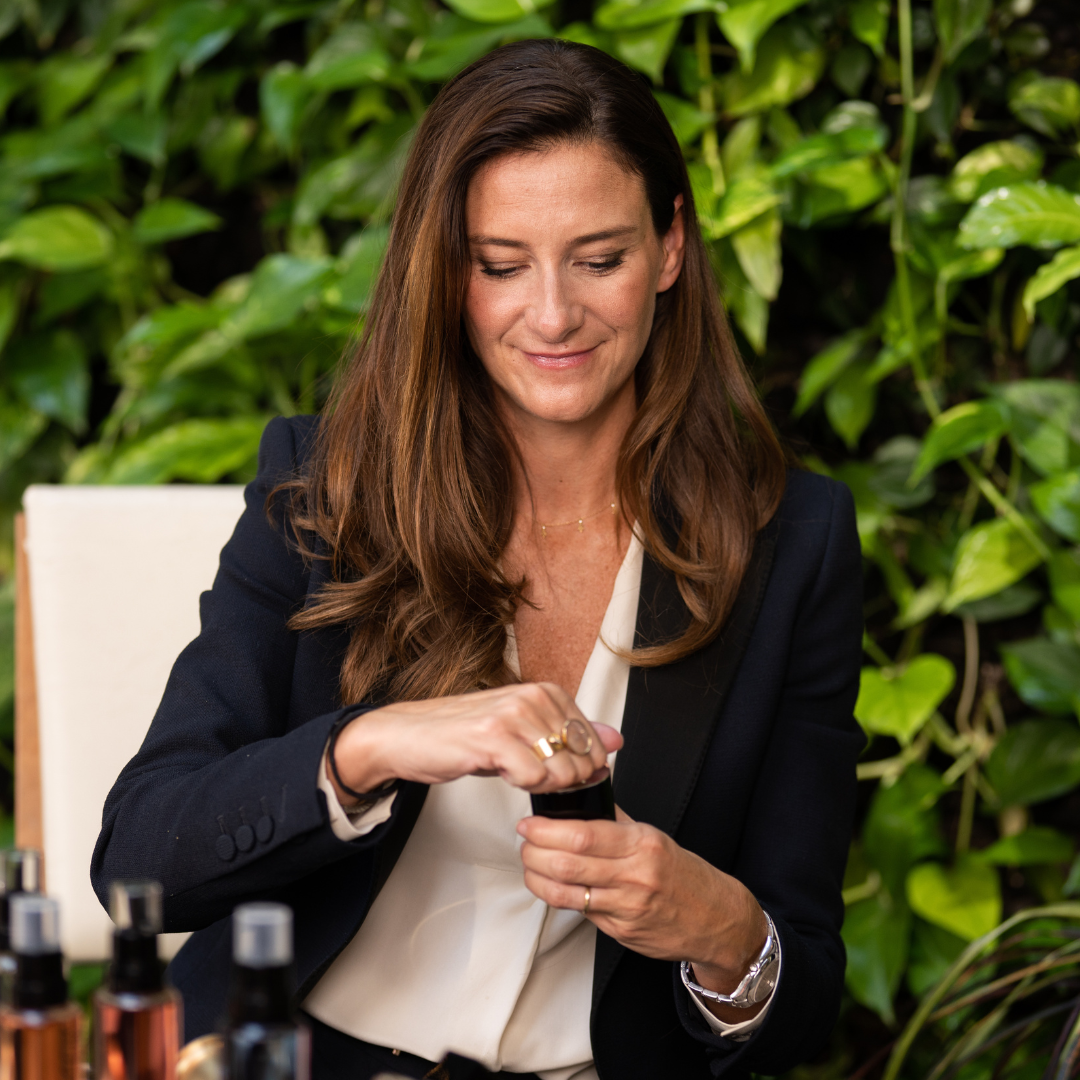
Marie-Pia Schlumberger, L’Oréal Luxe Sustainability Director, explains L’Oréal Groupe’s three-fold approach to sustainability. This consists of transforming the company , engaging its ecosystem of customers, retailers and suppliers, and contributing to solving the challenges of the world.
"At L’Oréal Luxe, we have a vision: to reinvent the codes of luxury beauty through innovation and education. We also aim to give consumers the means to adopt more sustainable consumption habits."
Refillable products are revolutionizing the beauty industry
And innovating they are. "We have a deep belief at L’Oréal Luxe that the true essence of luxury is to create products that are made to last."
L’Oréal Luxe is constantly expanding its offer of refillable products, including fragrances loved by millions, such as Lancôme La Vie est Belle or YSL MYSLF, so customers can hold on to the same beautiful objects, refilling them at home with the help of optimized refill bottles.
“We also have “refill in store” initiatives, such as the famous Mugler fountain, created in 1992. Inspired by its success, this year we have launched the pilot of a multi-brand fragrance “refill wall” in partnership with Sephora in France , allowing consumers to refill iconic L’Oréal Luxe fragrances directly in store.
Refilling reduces the use of materials: for example, in the case of refillable fragrance Prada Paradoxe: one 50ml bottle and a 100ml refill allow us to use 40% less material than three 50ml bottles.”
L’Oréal Luxe’s ambition is also to make the idea of being sustainable more attractive to consumers. "To make refills the “new normal” they need to become “the new cool”. You might have seen the video of Emma Watson talking about the Prada Paradoxe refill and the significant materials saving that can be achieved."
All four women share a common vision: revolutionise how we perceive clothing and beauty products, transforming them from fleeting items to enduring possessions. The message is clear: sustainability is not just responsible; it's undeniably attractive.
For more expert insights on making less impact on the planet, visit MarieClaire.co.uk.
Celebrity news, beauty, fashion advice, and fascinating features, delivered straight to your inbox!
Niamh McCollum is Features Assistant at Marie Claire UK, and specialises in entertainment, female empowerment, mental health, social development and careers. Tackling both news and features, she's covered everything from the rise of feminist audio porn platforms to the latest campaigns protecting human rights.
Niamh has also contributed to our Women Who Win series by interviewing ridiculously inspiring females, including forensic scientist Ruth Morgan, Labour MP Stella Creasy and ITV’s former Home Affairs Editor Jennifer Nadel.
Niamh studied Law in Trinity College Dublin. It was after enrolling in a Law & Literature class on her year abroad in Toronto that her love of writing was reignited. In no particular order, her big likes are Caleb Followill, hoops, red wine, sea swimming, shakshuka and long train journeys.
-
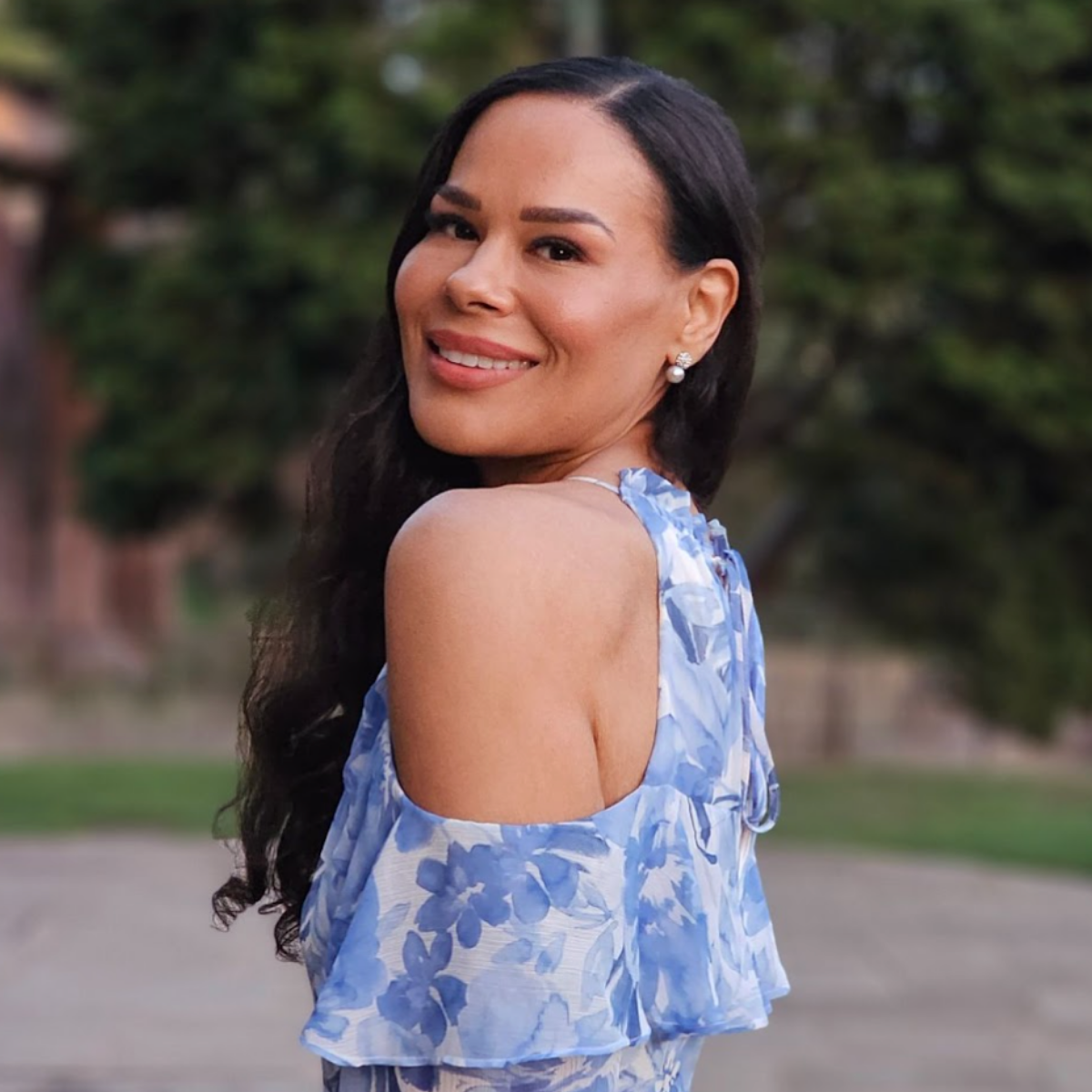 How I Supported My Skin While Taking a GLP-1 Medication
How I Supported My Skin While Taking a GLP-1 MedicationWhat skincare can—and can’t—do when facial volume shifts.
-
 With Ski Season in Full Swing, Moon Boots Are Still the Snow Boot Stylish Women Swear By
With Ski Season in Full Swing, Moon Boots Are Still the Snow Boot Stylish Women Swear ByFrom the city to the slopes
-
 I’m Turning 40 Soon – So, Should I Be Changing the Way I Work Out? I Asked Top Experts
I’m Turning 40 Soon – So, Should I Be Changing the Way I Work Out? I Asked Top ExpertsReady to enter your 40s feeling your strongest?
-
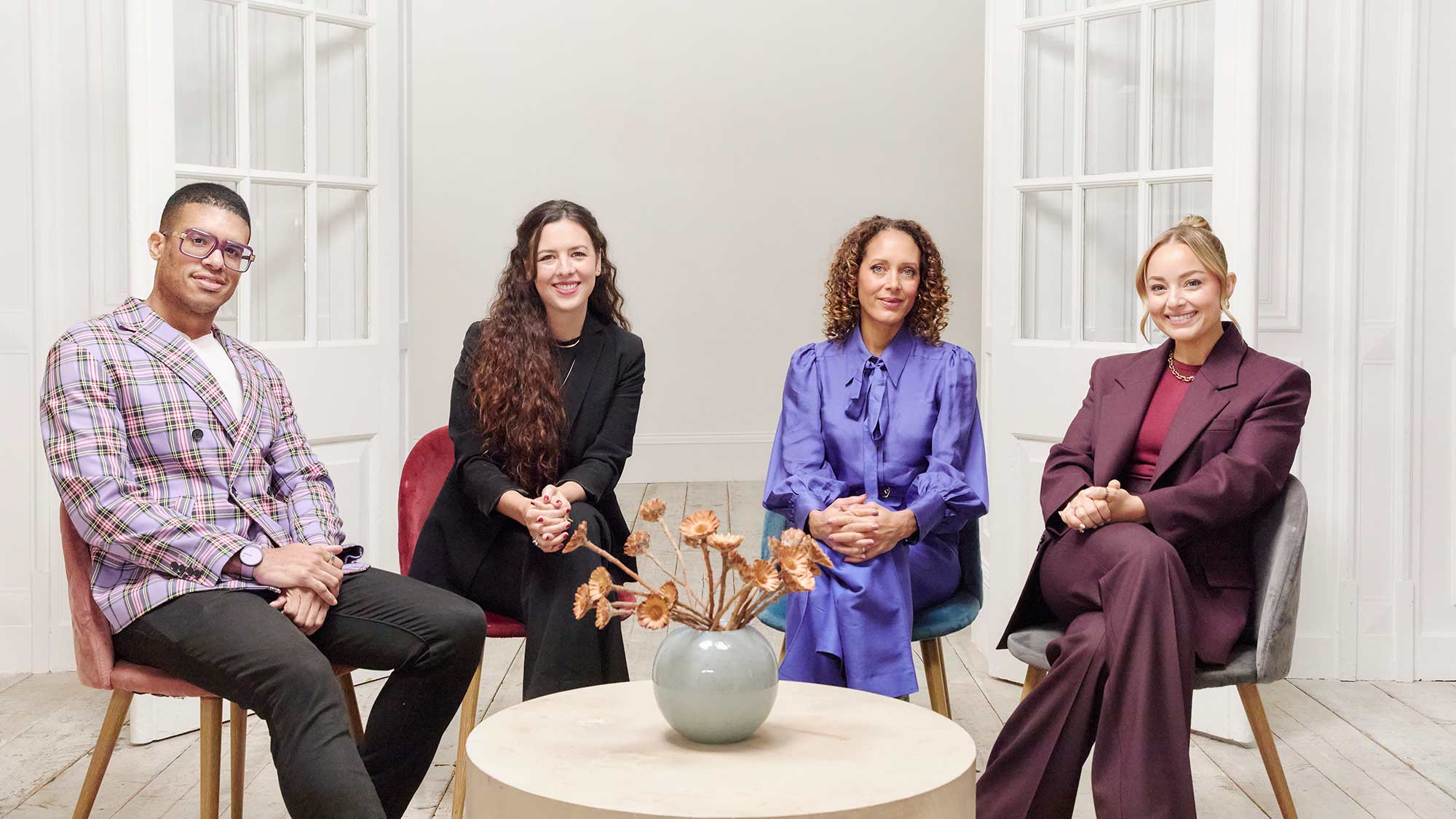 Power Summit: why education and allyship is key to ending violence against women and girls
Power Summit: why education and allyship is key to ending violence against women and girls -
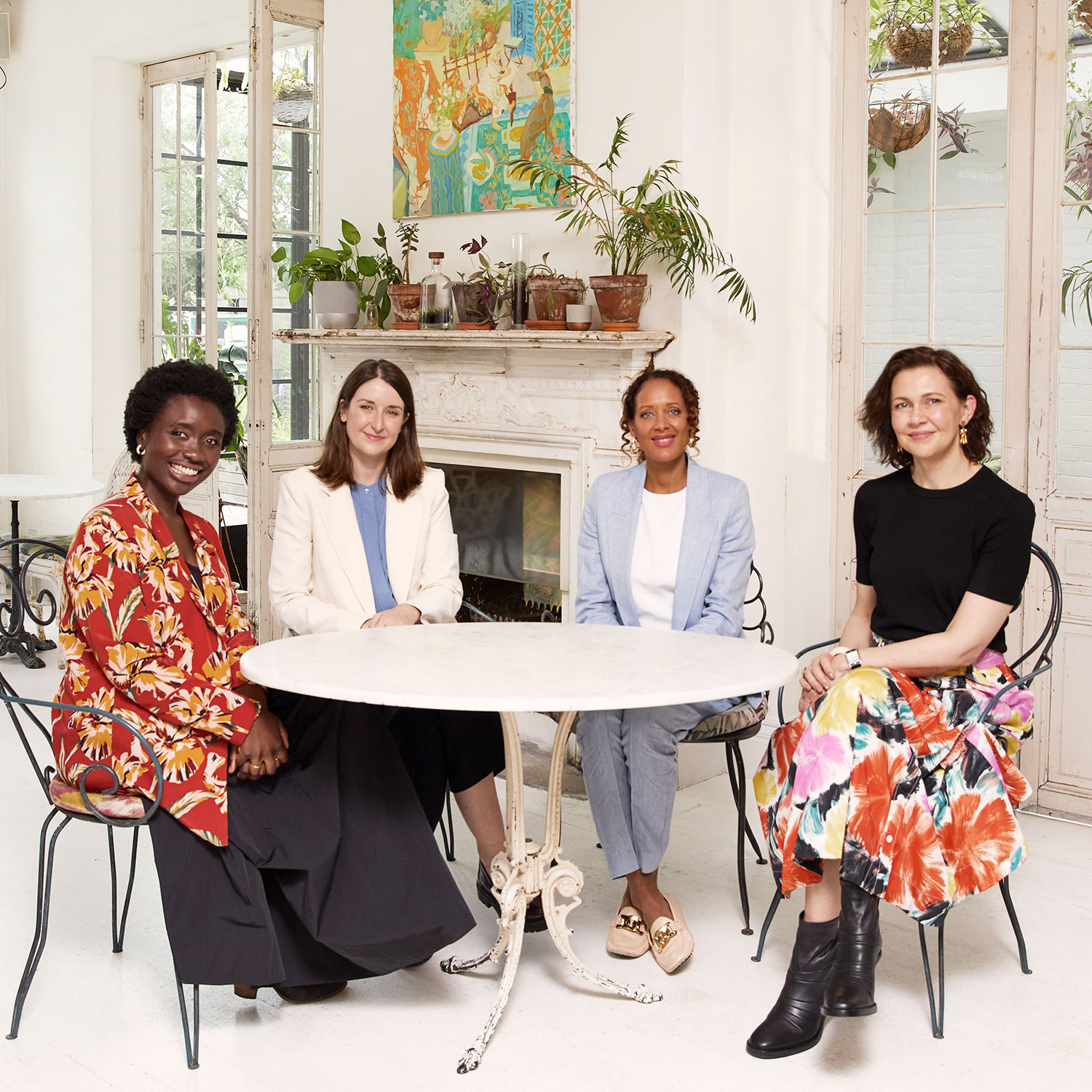 Power Summit: how Green Sciences are shaping the beauty industry
Power Summit: how Green Sciences are shaping the beauty industryFrom formulation to application, the world of beauty is striving to become more sustainable. Here, we meet three industry insiders championing conscious innovation
-
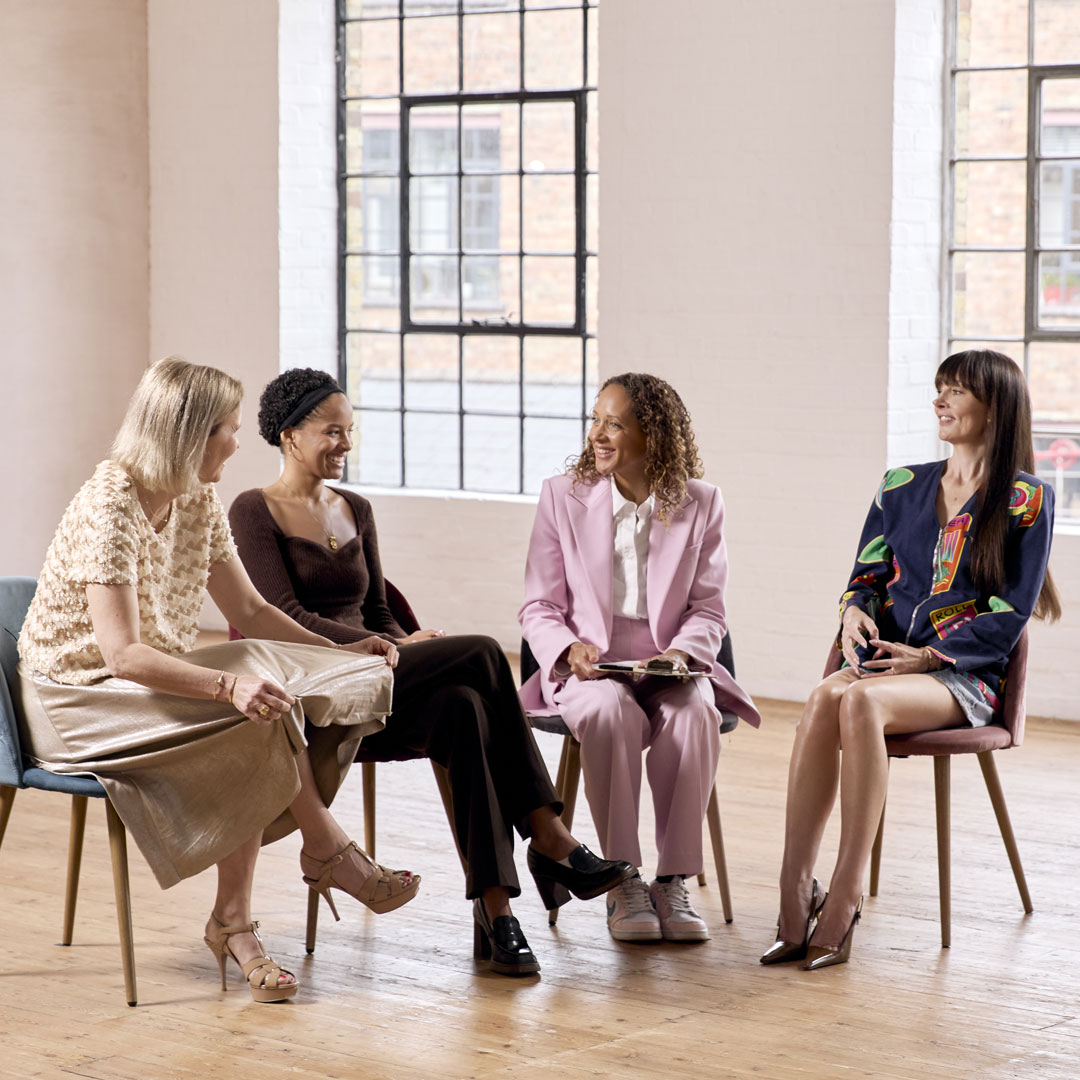 Power Summit: shaping the future of tech
Power Summit: shaping the future of tech -
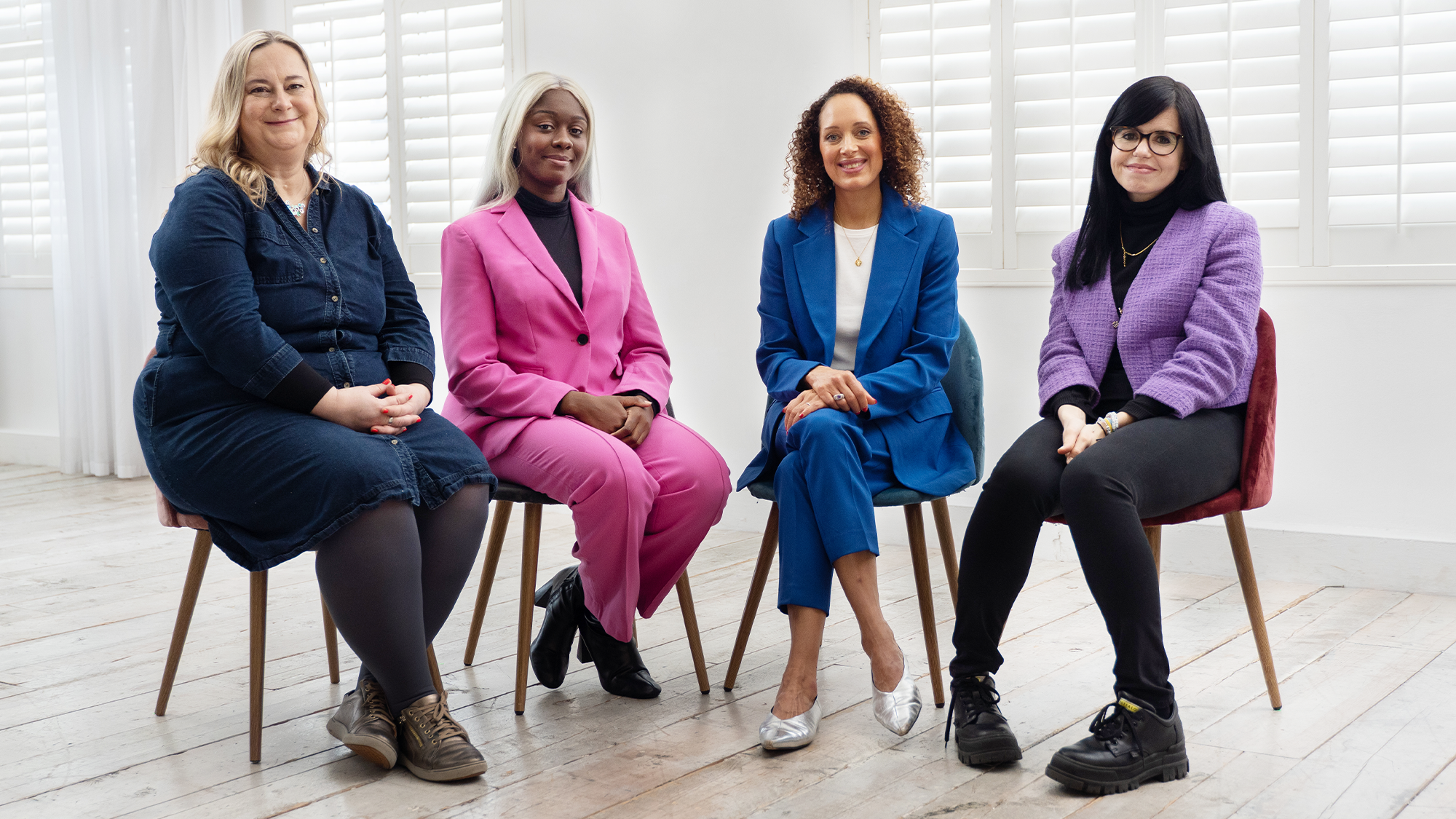 Women in STEM: celebrating our achievements this IWD
Women in STEM: celebrating our achievements this IWDHere's why women play a vital role in shaping the cutting edge careers of tomorrow.
-
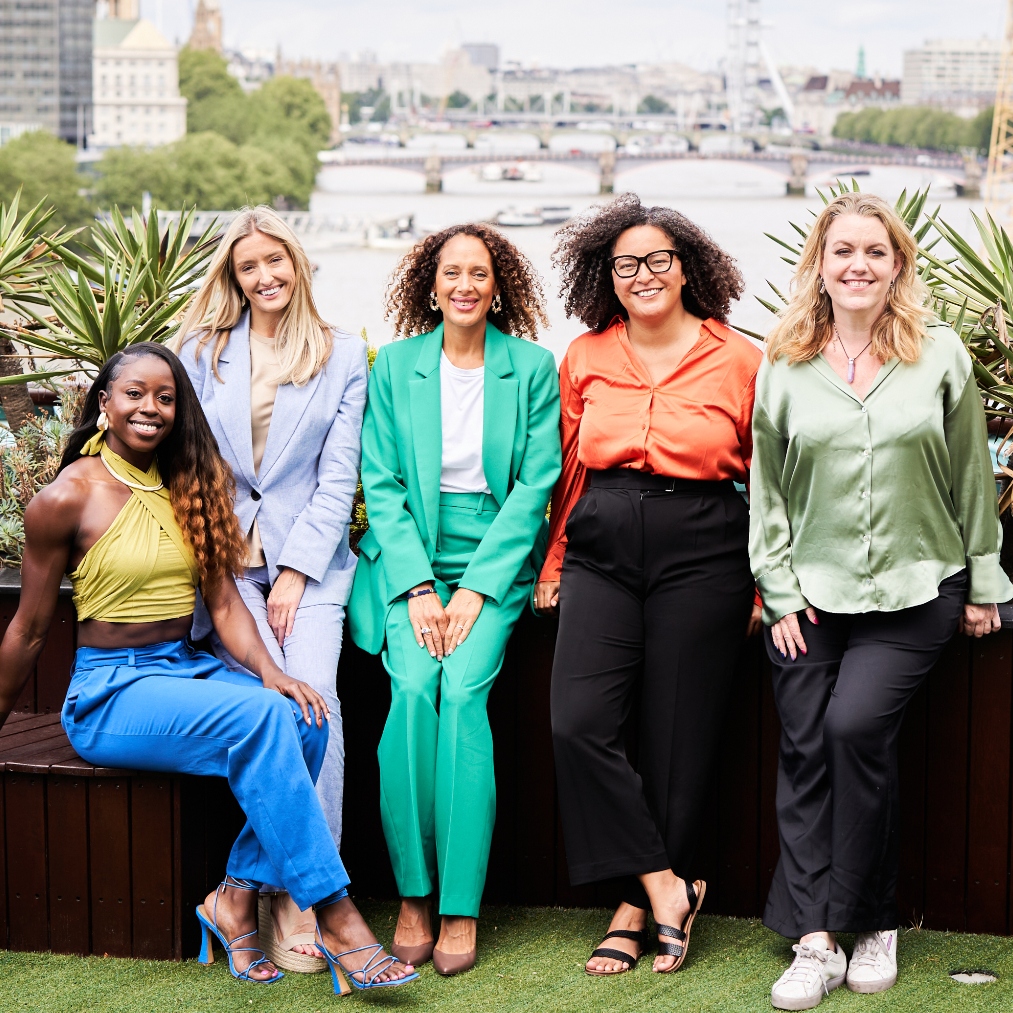 Four of the most influential women in sport talk levelling the playing field
Four of the most influential women in sport talk levelling the playing fieldHow do we encourage more women to stay active? As part of our Power Summits series, Marie Claire’s Editor in Chief Andrea Thompson sat down with four agents of change to find out.
-
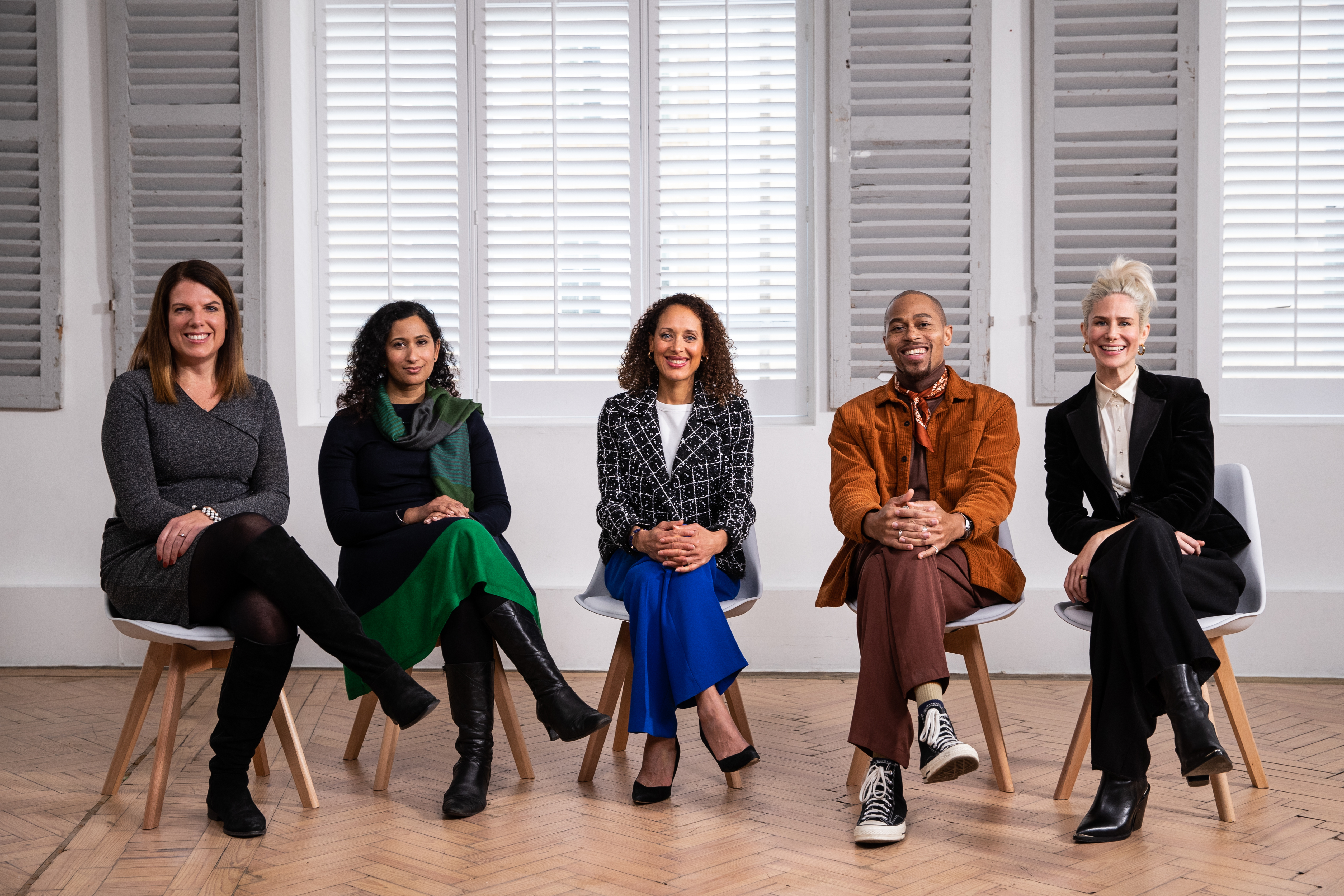 International Women’s Day 2023: Real empowerment requires us all to be allies. Here's how you can make a difference according to the experts
International Women’s Day 2023: Real empowerment requires us all to be allies. Here's how you can make a difference according to the expertsThe importance of intervention when we see injustice was on the agenda at the Marie Claire Power Series summit; Allies, Networks & Action

